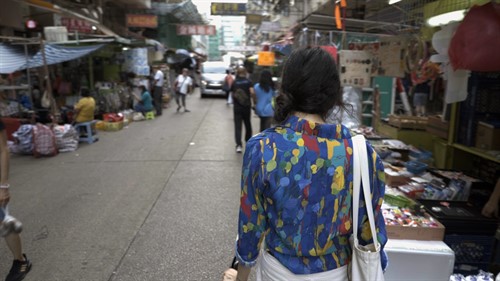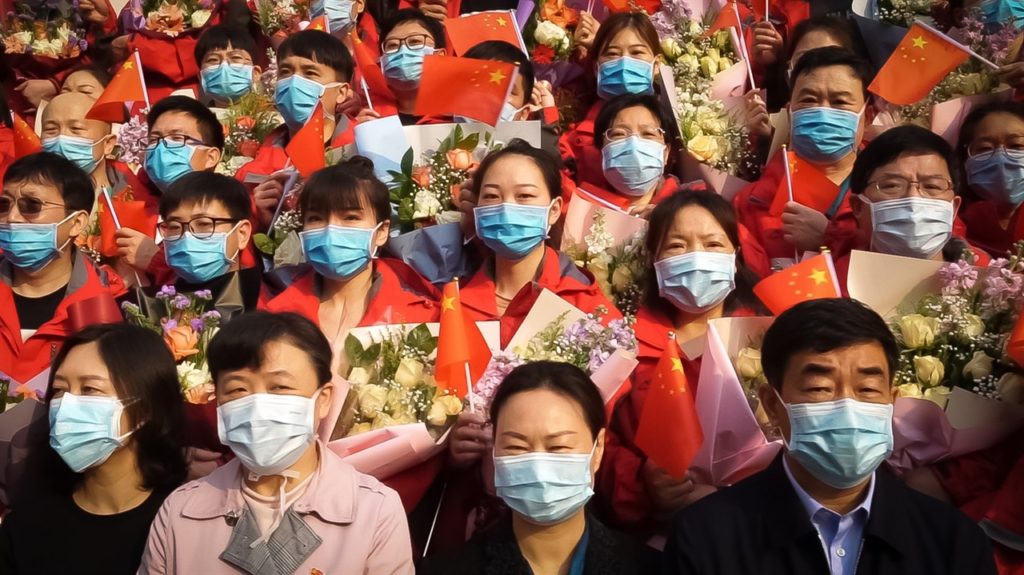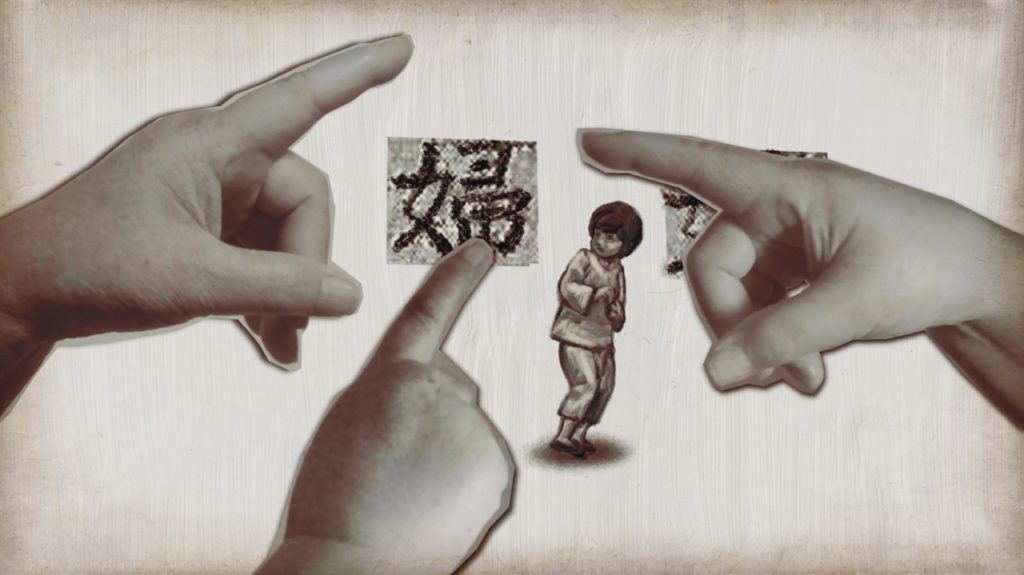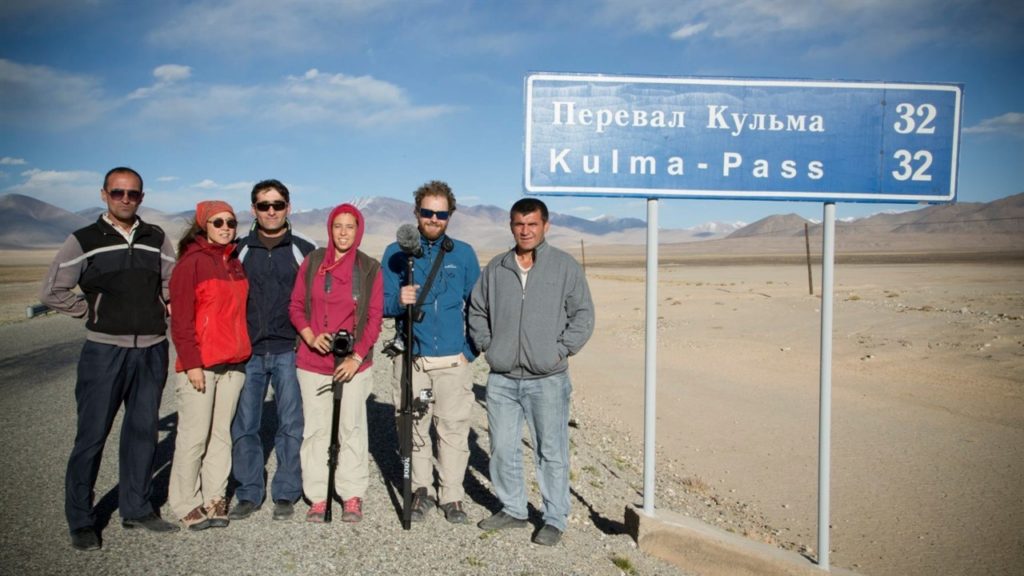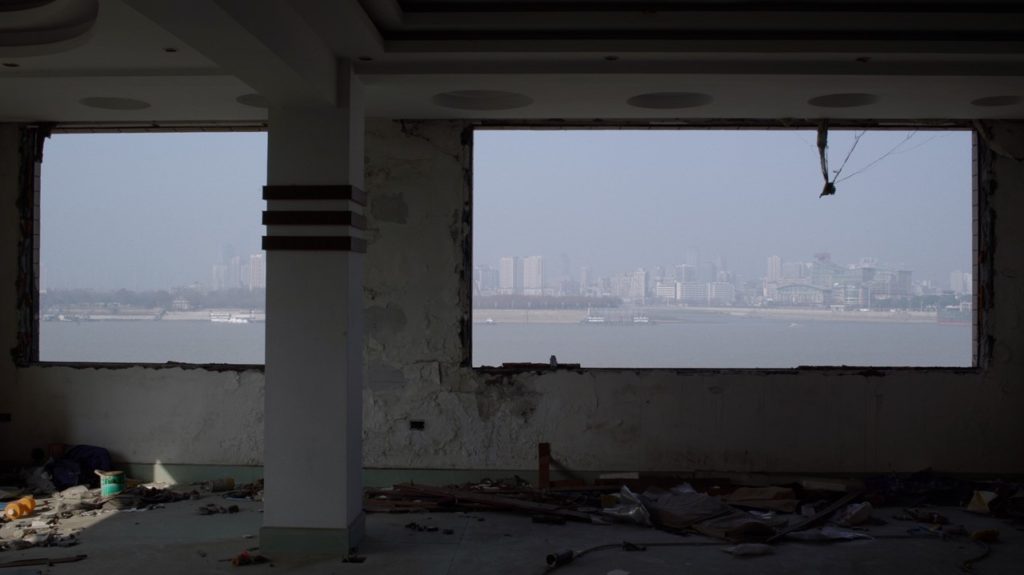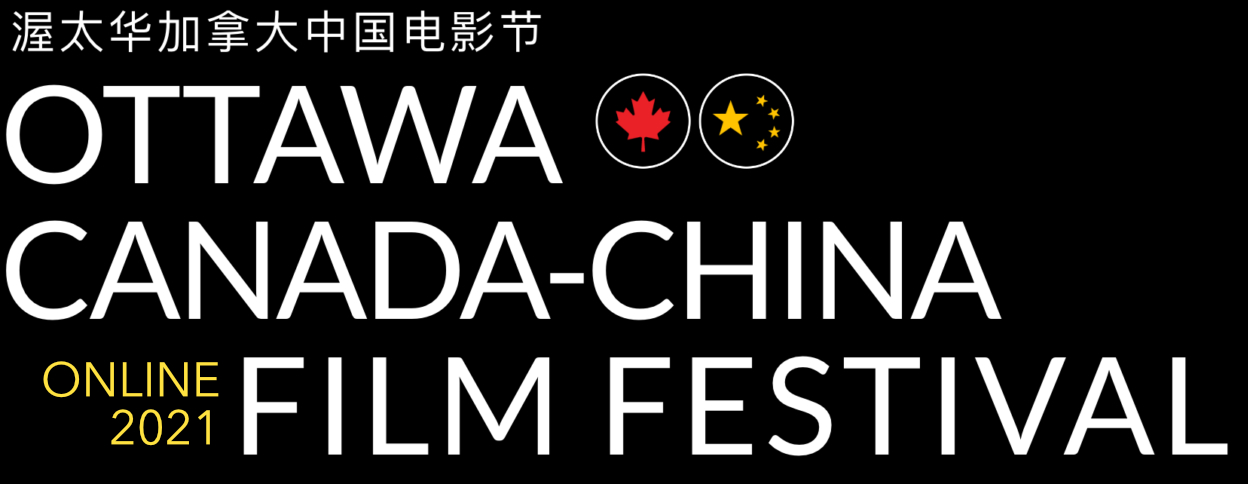
May is Asian Heritage month to celebrate CBC GEM
May is Asian Heritage month to celebrate CBC GEM has assembled a significant collection of films that explore Asia and the Asian immigrant experience. The collection includes 14 films by or about Chinese-Canadian.
All film are free on line at https://gem.cbc.ca/category/asian-heritage-month/featured-all/780feb88-4cba-4c37-b116-562623a151f6



Hot Docs 2021 is running until May 9 2021, presenting more than 150 films on-line. There are 5 full length documentaries and one short film with Chinese themes.
Of particular interest is Wuhan Wuhan by Canadian film marker Yung Chang (Up the Yangtze). Globe and Mail film critic Barry Hertz says “If you can stomach more pandemic in your live – Wuhan Wuhan should be at the top of your list…. The doc follows life on the ground in the epicentre of China’s coronavirus outbreak during those first few critical months.”
Tickets: There are a wide range of passes and single tickets are available for more information go to https://www.hotdocs.ca/p/passes-and-packages
Faceless
What drives some young people to risk their lives and fly in the face of absolute power? Using immersive camera work and a heart-pounding soundtrack, Faceless takes us to the frontline of the pro-democracy movement in Hong Kong to meet four such young people. With total candour and wearing their protest face masks for anonymity, activists simply identified as the Artist, the Believer, the Daughter and the Student share their stories. Despite their different walks of life, what unites these four is their willingness to fight against a controversial extradition bill in an effort to protect the “one country, two systems” promise made by China. As they take to the streets, they face tactical problems with creativity and counter police brutality with commitment and unity. When the clashes between police and activists become increasingly violent and police fire live bullets into the crowd, each has to re-examine their own intentions, philosophies and personal relationships. Aisha Jamal
Systems Down |82 Minutes | 2021 | Hong Kong USA Canada | Cantonese English | Partial Subtitles | World Premiere Includes Q&A
In the Same Breath
Winner of Sundance’s Grand Jury Prize, Nanfu Wang’s searing investigation into COVID-19’s origins and spread issues a devastating indictment of a global state of misinformation. Wang, her husband and toddler son were in China celebrating Lunar New Year when she heard early news reports of people being arrested for spreading false pneumonia rumours. Within days, Wuhan’s hospitals would be overwhelmed with what the world now knows to be an unbound pandemic. Wang instinctively hired covert camera people to document what they could while undertaking her own highly sophisticated online inquiries. Patients and terrified relatives, deleted social media posts, hospital workers, citizen journalists and crematorium staff reveal the horrifying truths that, when left untold in the hands of Presidents Xi Jinping and Donald Trump, became fodder for misdirection, mismanagement and unprecedented tragedy. Combining expert journalistic research with unflinching filmmaking, Wang crafts an era-defining record of a still-unfolding emergency. Myrocia Watamaniuk
Special Presentations | 95 Minutes | 2021 | USA China | English Chinese | Partial Subtitles | Canadian Premiere Includes Q&A
My Grandmother Is an Egg
Using a variety of animation techniques, including egg yolk as paint, filmmaker Wu-Ching Chang creates a stirring tribute to her grandmother who, as a T’ung-yang-hsi, was sold as a young girl to another family and raised as their future daughter-in-law. Forced to perform the household chores and denied an education, this hardworking woman found freedom through financial independence. Angie Driscoll
Shorts | 8 Minutes | 2021 | Taiwan UK | Mandarin | Full Subtitles | World Premiere
The New Plastic Road
The 2004 reopening of the Silk Road between China and Tajikistan signaled an economic boom for the poorest of the former Soviet states. One treacherous trucking route through the mountainous border region becomes a literal lifeline, allowing some citizens to move from abject poverty to a potential middle class. When local entrepreneur Davlat was born, his family barely navigated these roads with small cars in a single lane. Banking on a brighter future, Davlat borrows heavily to buy two transport rigs and deliver new Chinese goods. But what happens when modern capitalism arrives in his barely Industrial Age life? Trade between one small cog and a global superpower threatens to overwhelm his marriage, family and dreams in unexpected ways. Striking cinematography of a seldom-seen region elegantly contrasts with the quietly observed interior world of a modern labourer who discovers a new geopolitical reality. Myrocia Watamaniuk
The Changing Face of Europe | 66 Minutes | 2020 | Greece Germany | Tajik English | Partial Subtitles | North American Premiere
Includes Q&A
A River Runs, Turns, Erases, Replaces
Markers: Films that push the boundaries of the documentary form
When the film starts, images captured by a surveillance camera show life coming to a halt in a street in Wuhan. But for the rest of this gorgeous cinematic letter from a filmmaker to her hometown, it’s ordinary human activities before the pandemic that Shengze Zhu observes in wide static shots taken along the Yangtze River. As on a communal stage quietly bustling with life, people walk, dance, sing, swim or work, while in the background a series of urban landscapes highlight the imposing multiplication of new constructions and the calm resilience of nature. Far from the controlled footage of the pandemic, these scenes of unexpected beauty are nonetheless haunted by loss. Appearing as text onscreen, letters addressed to loved ones evoke the pain caused by recent bereavements. However altered the city is, the memories of its inhabitants remain as strong and unwavering as the currents of the Yangtze. Charlotte Selb
Markers | 87 Minutes | 2021 | USA | No Dialogue | Full Subtitles | North American Premiere
Includes Q&A
Wuhan Wuhan
The world got a glimpse of the future when China’s Hubei province went into lockdown and the COVID-19 virus began its global spread. Award-winning director Yung Chang gained incredible access to frontline healthcare workers in Wuhan during the intense first wave in February 2020, as field hospitals and staff were pushed to their limits to prevent further infection and care for those in quarantine. From a couple expecting their first child and their search for a crib to nursing staff receiving haircuts, what would have been mundane tasks take on monumental meaning. As one radiologist presciently observes, “Ordinary people suffer the most in disasters like this.” The virus remains invisible, but evidence of its impact is everywhere. Insufficient PPE and mounting casualties create dire circumstances for those confronting the pandemic face to masked face, yet a sense of hope drives each of the subjects, despite not knowing what the future may hold. Alexander Rogalski
